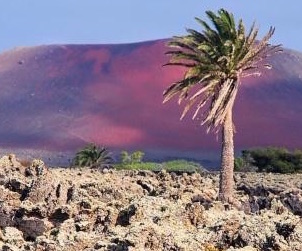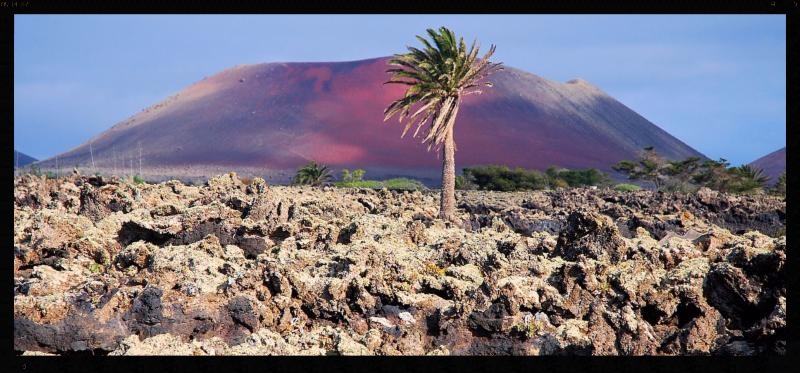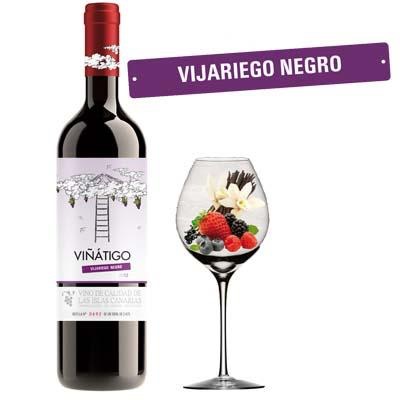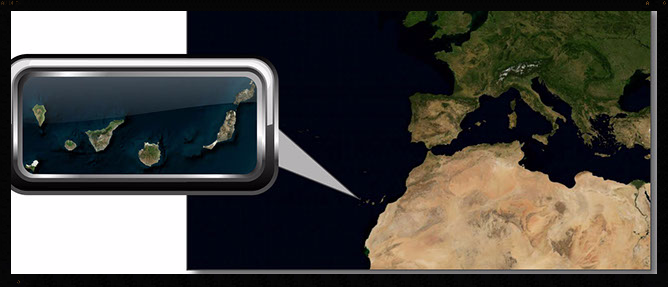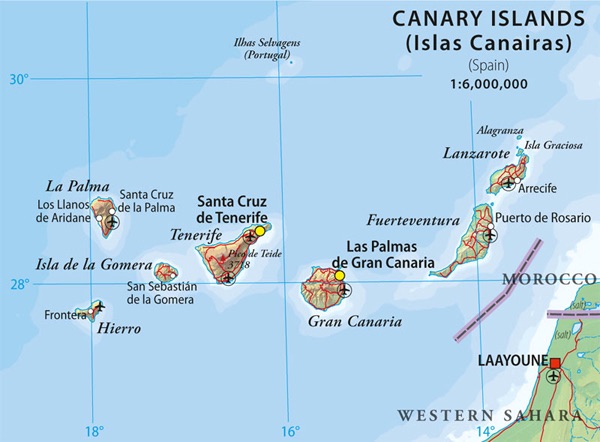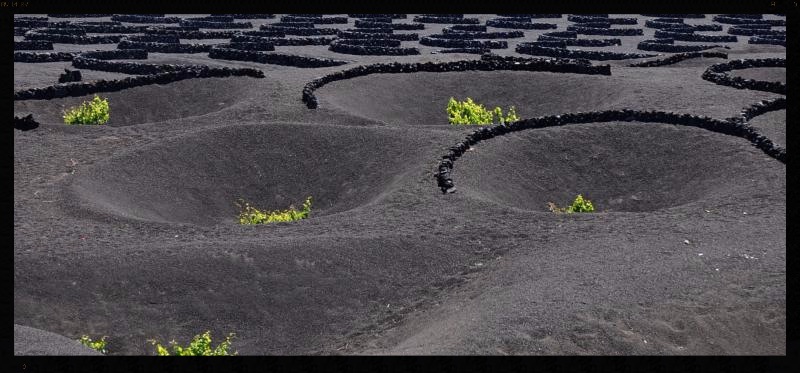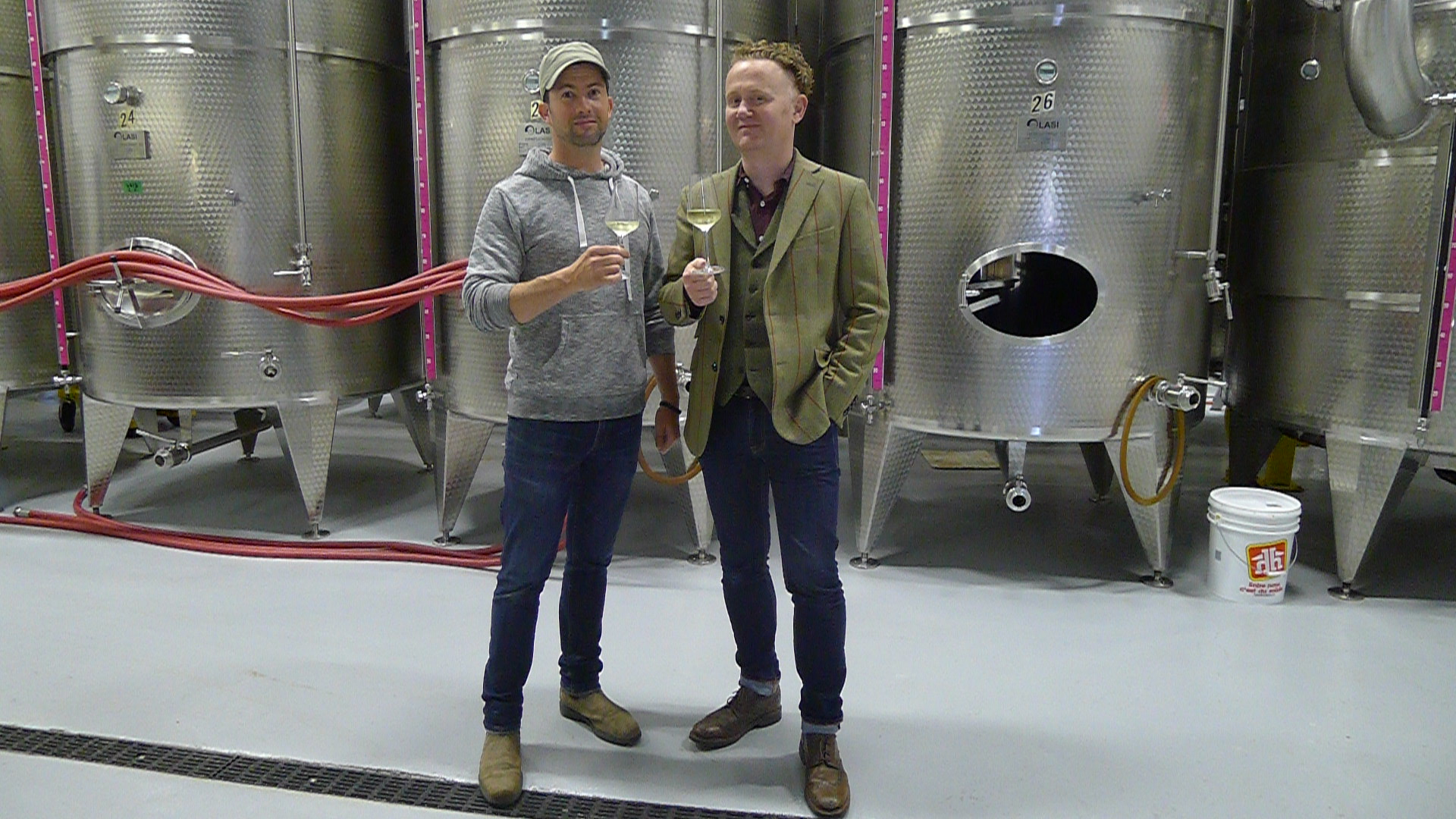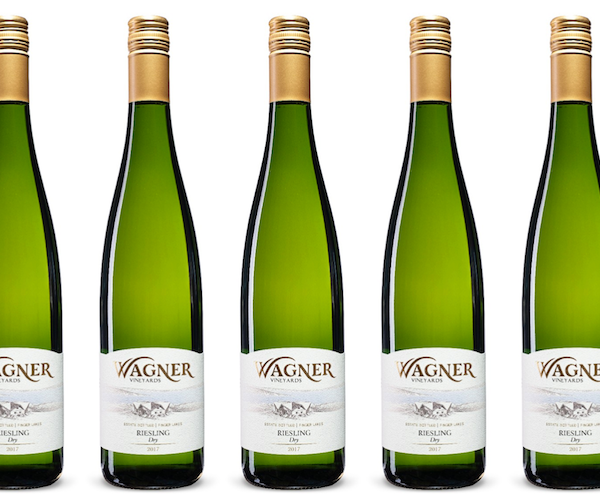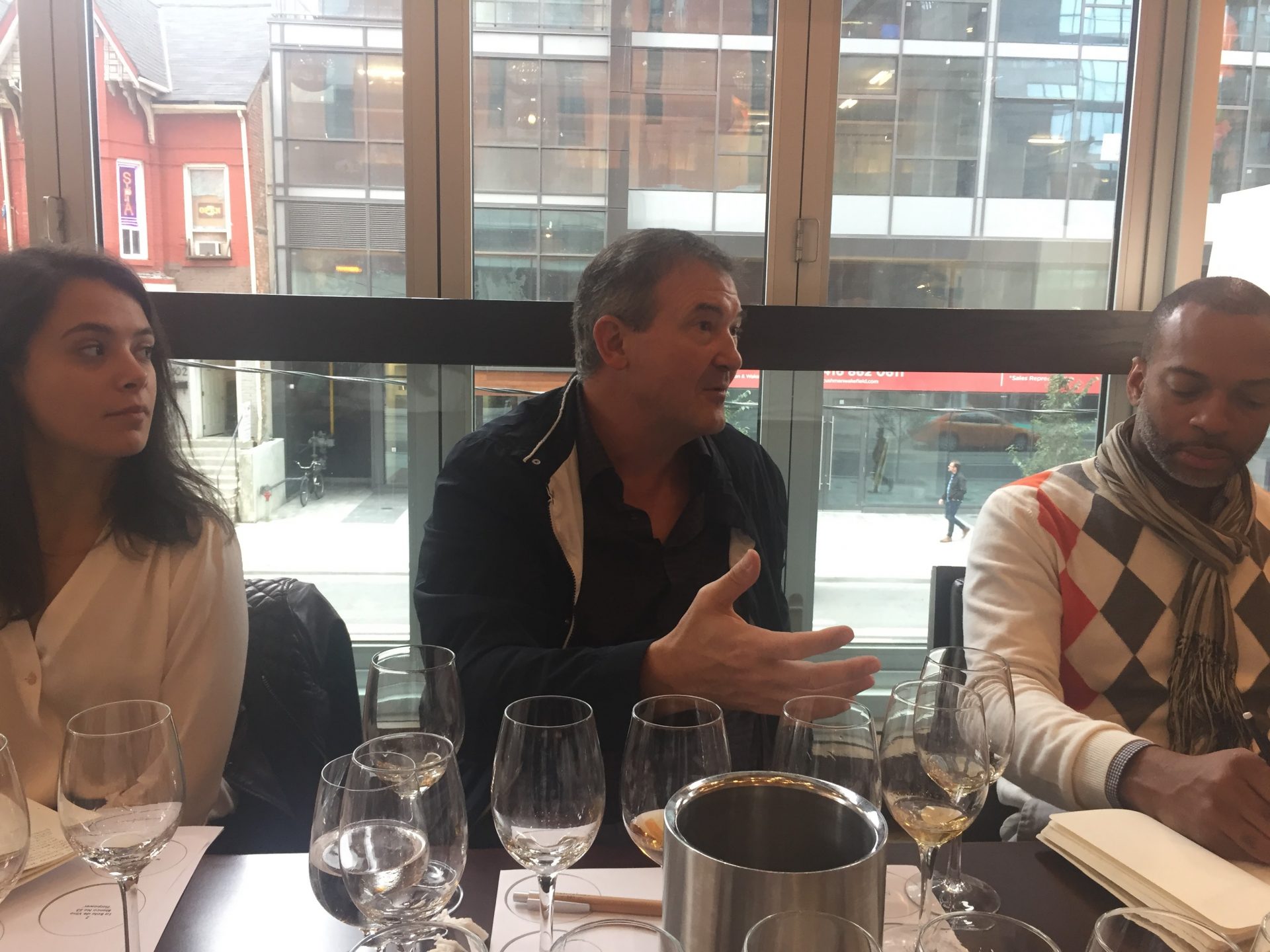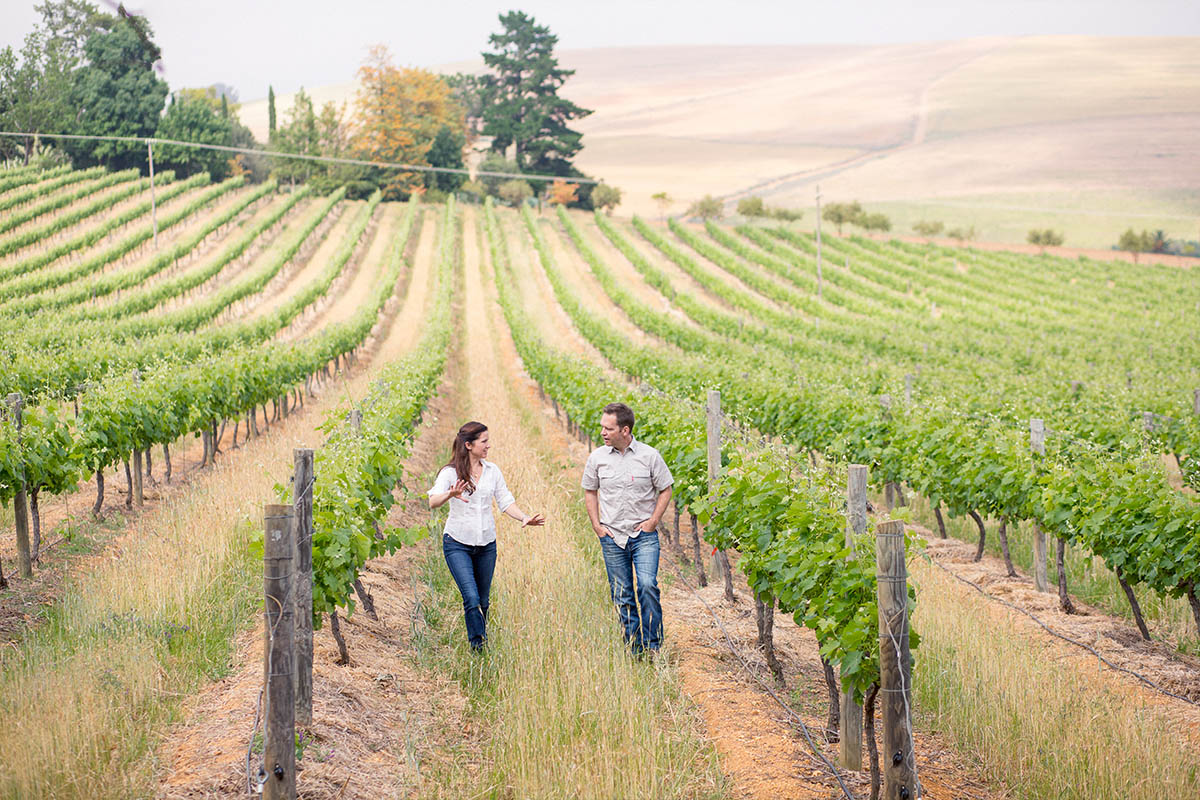Nicholas Pearce offers volcanic wines from Bodegas Viñátigo.
Restaurant Sommelier’s have been raving that the Bodegas Viñatigo wines are some of the most interesting and versatile wines to enter the market recently. And We Agree!!!
We are pleased to announce this new offer for Bodegas Viñatigo. We are hoping to catch the next boat of the Island, which only ships once per month. Please find all the information below on the wines, the winery and the Canary Islands. This “Domaine Direct Private Order” will be scheduled for delivery in late September 2017 as we are collecting all order and reservation this week.
ORDER NOW
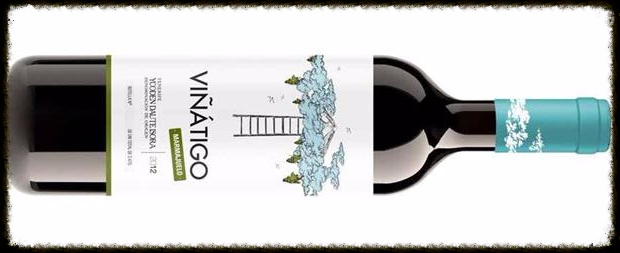
BEST TASTING NOTE EVER (IN A GLASS):
The Canary Islands
Located just off the coast of Morocco this Spanish wine region has been producing wine since the 15th Century. This collection of Islands located in the Atlantic ocean offer 10 distinct regions and a multitude of growing conditions. In fact the Canaries hold the record for highest mountain in Spain and third highest volcano in the world, on the Island of Tenerife with the active volcano El Teide. The collection of islands are so remote that phylloxera has not reached them allowing vines to grow on their own rootstock. While the Canaries can boast spring like weather all year round each island has various microclimates but what they all share is the presence of mineral rich, volcanic soils resulting in very unique and fascinating flavour profiles
The Islands lying to the West are influenced by the Gulf Stream which brings a cold sea current providing a cooling effect to the area. The tradewinds have the most impact travelling around 25km/hr and operate on two levels, the lower trade winds arriving from the NE are cold and humid. The second level arriving from the south are hot and when these two winds meet they produce a collection of clouds above the Islands know as the sea of clouds. As for the more eastern Islands, they are more dry and considered to have semi- to desert like conditions. The sand storms from the Sahara reach these islands blanketing them in red sand. The most extreme climate is located on the most eastern island of Lanzarote with it’s harsh volcanic landscape. Lanzarote carries the youngest volcanic soils due to it’s intense history of eruptions as such much of the top soil is covered in volcanic rock. In order to grow vegetation, including grapes, farmers must dig a small crater in order for the vines to access the nutrient rich soil below the rock (pictured below).
That’s not their only challenge, small stone walls must be built around these holes, known as a hoyo, to protect the vines from the high speed winds. Hundreds of these little pockets make up a “vineyard” with camels and mule doing most of the heavy lifting during harvest. The most important island in terms of wine production is Tenerife with a total of 5 DO’s on the single island and boasting vineyards up to 1700m above sea level. Bodega Viñátigo is located here in the south western DO of Ycoden Daute Isora.
“The wines really are very varied – not just stylistically but qualitatively. One of the best producers is Viñátigo which makes extremely stylish dry whites, including one from the local Marmajuelo grape, as well as a light, sweet but spine-tingling pale Malvasia Clásico. Wines like this must have been made since the Middle Ages when merchant fleets brought the Malvasia grape from the Aegean to these islands and, fatefully, Madeira to the south.” Jancis Robinson: jancisrobinson.com/learn/wine-regions/spain/canary-islands
About the Canary Islands: harfangexclusive.com
About Bodegas Viñátigo : vinatigo.com
Nicholas Pearce Wines Inc. is a Good Food Fighter. Please support the businesses and organizations that support Good Food Revolution.

